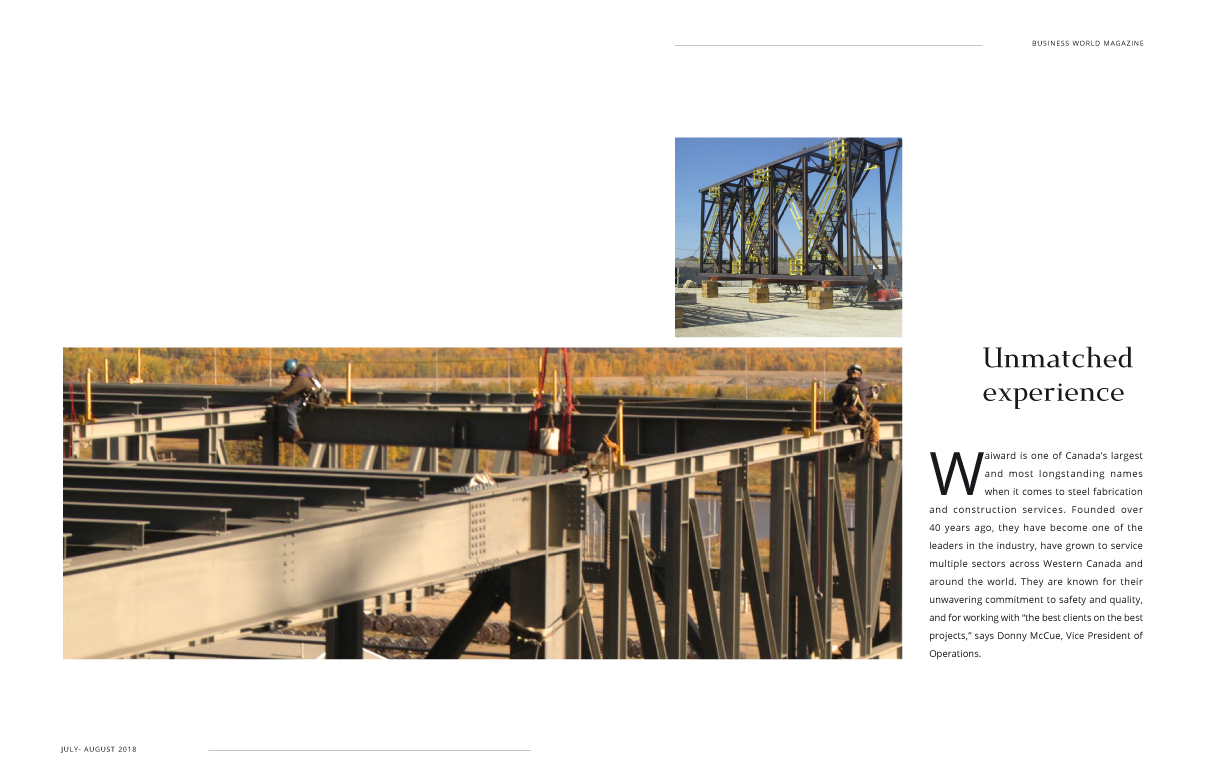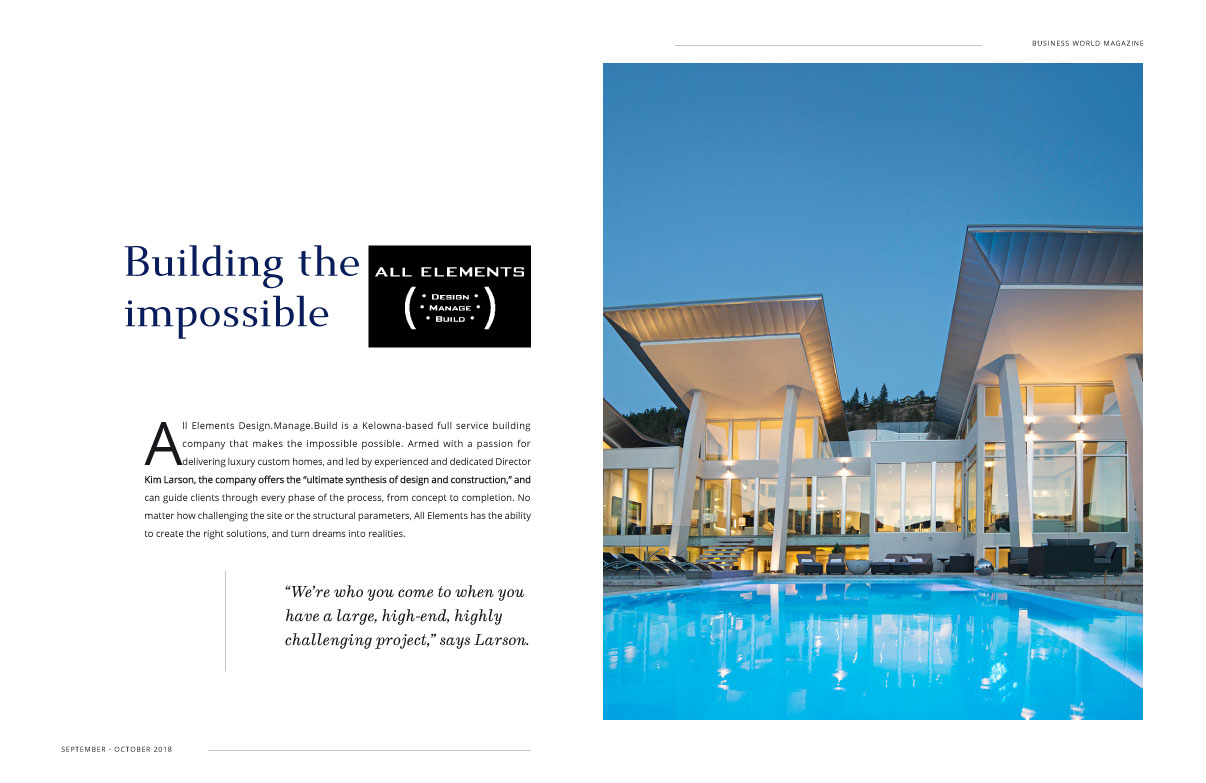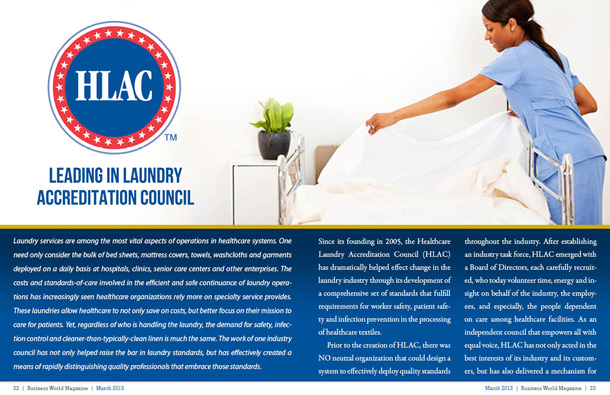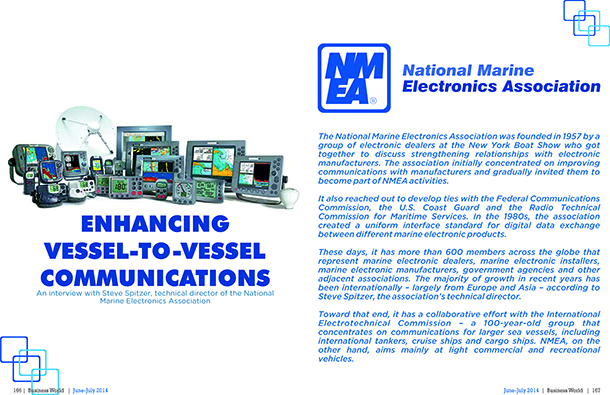
Enhancing Vessel-to-Vessel Communications
An interview with Steve Spitzer, technical director of the National Marine Electronics Association
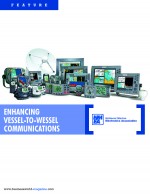
The National Marine Electronics Association was founded in 1957 by a group of electronic dealers at the New York Boat Show who got together to discuss strengthening relationships with electronic manufacturers. The association initially concentrated on improving communications with manufacturers and gradually invited them to become part of NMEA activities.
 It also reached out to develop ties with the Federal Communications Commission, the U.S. Coast Guard and the Radio Technical Commission for Maritime Services. In the 1980s, the association created a uniform interface standard for digital data exchange between different marine electronic products.
 These days, it has more than 600 members across the globe that represent marine electronic dealers, marine electronic installers, marine electronic manufacturers, government agencies and other adjacent associations. The majority of growth in recent years has been internationally – largely from Europe and Asia – according to Steve Spitzer, the association’s technical director.
 Toward that end, it has a collaborative effort with the International Electrotechnical Commission – a 100-year-old group that concentrates on communications for larger sea vessels, including international tankers, cruise ships and cargo ships. NMEA, on the other hand, aims mainly at light commercial and recreational vehicles.
 BUSINESS WORLD: In terms of the membership, do you have a most frequent size? What is the most common entity that is part of your group?
 SPITZER: Mostly marine electronic dealers and manufacturers make up the bulk of the membership. However, we do have memberships for boat builders and trade members.
BUSINESS WORLD: The organizations that are members, what are they typically looking for from you? What role do you serve for them?
 SPITZER: We serve a few roles. One, the National Marine Electronics Association maintains and produces interface standards, so that disparate electronic products can communicate with each other on a vessel and off the vessel. That’s really a manufacturer-driven side of our business. But, of course, it benefits the dealers and the boat owner, because without a standard way for devices to talk to each other on a boat, boaters and vessel owners would not enjoy the enjoy the key benefit of safety. NMEA also provides for professional development for the industry.. We provide training to the dealer network and professional development so that the trade can maintain and upgrade their skill set in new technologies.
 BUSINESS WORLD: A lot of associations will have what they consider their signature strength. Some of them are an educational organization, some are legislatively active and that’s the main service that they provide, others say networking between members is their wheelhouse – what do you feel your organization’s most significant role to its members is? How do you guys bill yourself?
 SPITZER: We excel in two key areas – education and standards development. Naturally, there is a networking facet of our association as well.
 BUSINESS WORLD: In terms of your members these days, collectively, are there issues or is there an issue that they’re most logically concerned with right now? A hot button thing going on?
 SPITZER: Training would be a paramount, because technology, of course, is changing so fast in the marine marketplace, just as in the consumer market. Basically, the marine electronics industry is a consumer business. People who have boats, it may be a small segment of the consumerism, but the electronics on boats are still somewhat consumer products, even in the commercial side of our business. Today, it’s all about training and enhancing the skill set of our members
 BUSINESS WORLD: In terms of your engagement with your members, what sorts of things do you do? Do you have publications that you put out? Do you have a lot of events?
 SPITZER: We actually do a few things. We have ongoing training sessions throughout the country and internationally. We participate in trade shows. There’s two trade shows – one in Amsterdam and one in Tampa. Then, there’s two consumer shows that we participate in, there’s the Fort Lauderdale Boat Show and the Miami Boat Show that we attend as an association. Sometimes we also attend the Seattle Boat Show. We have a bi-monthly publication called the Marine Electronics Journal (MEJ) that is distributed to our membership. It is the only magazine of its kind.
 BUSINESS WORLD: As far as the content goes, do you hire people out to write things? Or do the members submit things?
 SPITZER: Both. Members submit subjects and articles to Marine Electronics Journal. The MEJ is its own separate company. I write, the board of directors, some dealers and some manufacturers write articles, so it really is a member-driven publication. In some cases, the MEJ will hire professional authors to research and write about technologies that would be of interest to our members.
 BUSINESS WORLD: Talk about the future. You mentioned that technology is quick to change – that’s pretty much the deal in any environment you find it. If we have this conversation again in five years, what do you anticipate changing the most in your industry? What sort of objectives does your organization have?
 SPITZER: I would think that for the boating industry it’ll be the onset of the, what they say, the Internet of things, and the marine electronics industry will be a part of that. We’ll all be interconnected. Today boat owners can actually look at their boats and their engine data such as oil pressure right now on their smartphones and tablets off the boat, and I imagine that all of the data that we would ever want will be available to boaters and manufacturers. And, I would think that there will be more collaboration and synergy between other adjacent technology associations and the NMEA.
 BUSINESS WORLD: Are you looking to grow the membership? Or are you pretty happy with the rate it’s going at right now?
 SPITZER: No, we believe that our membership is going to grow considerably.



